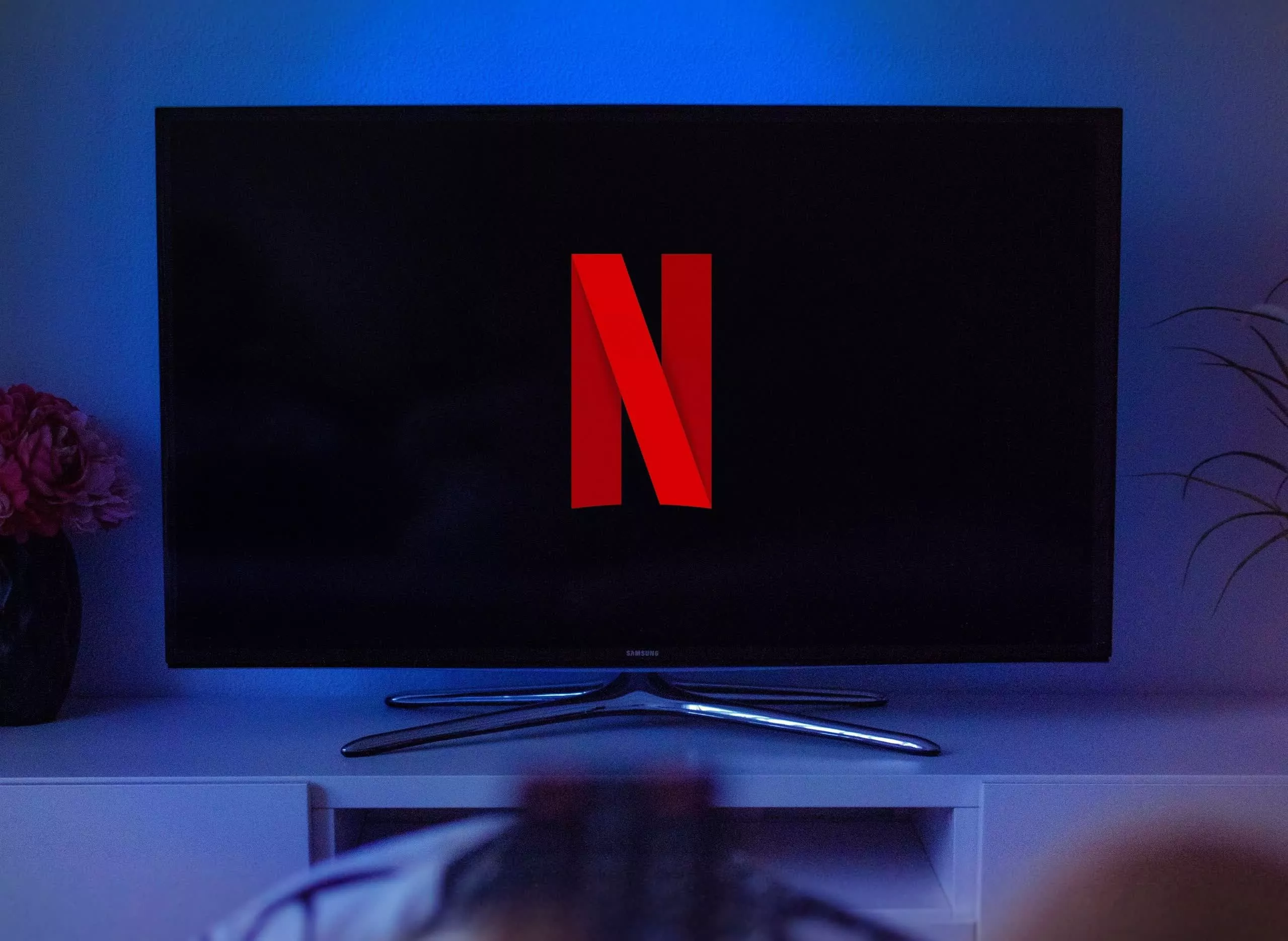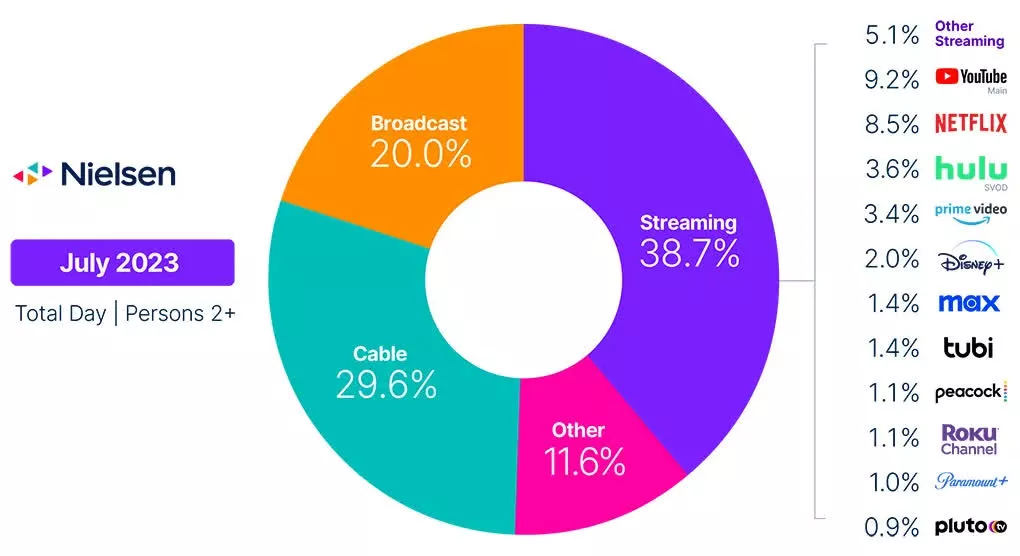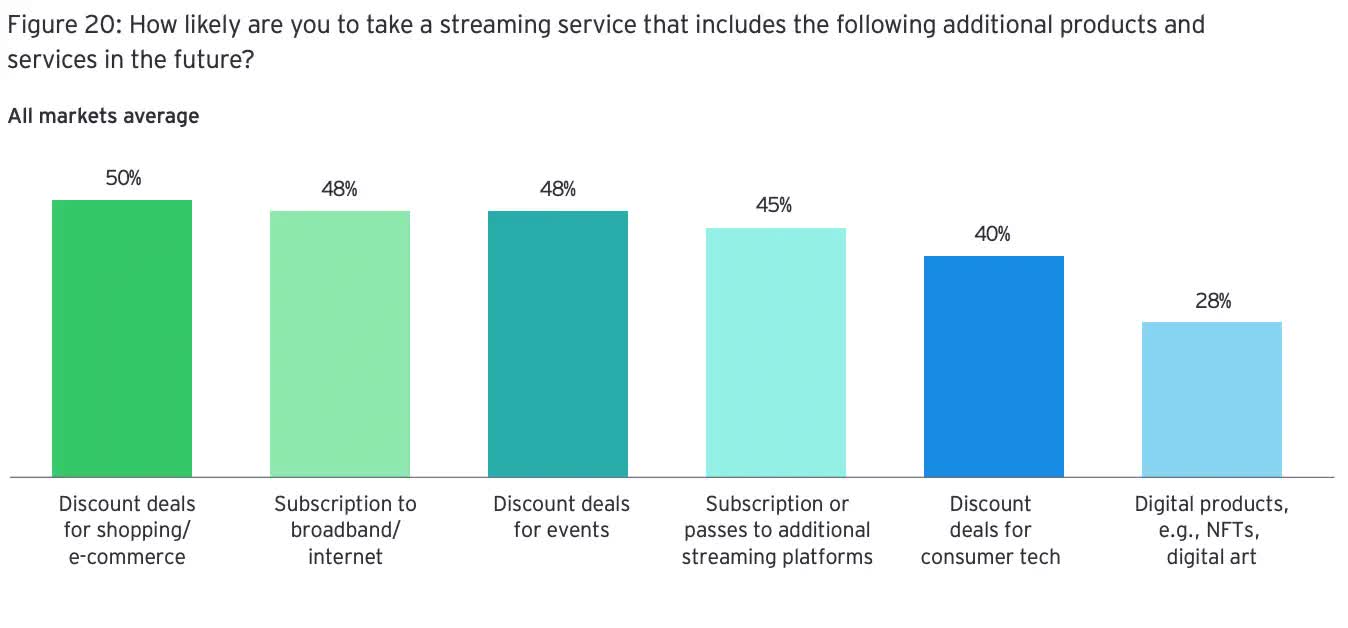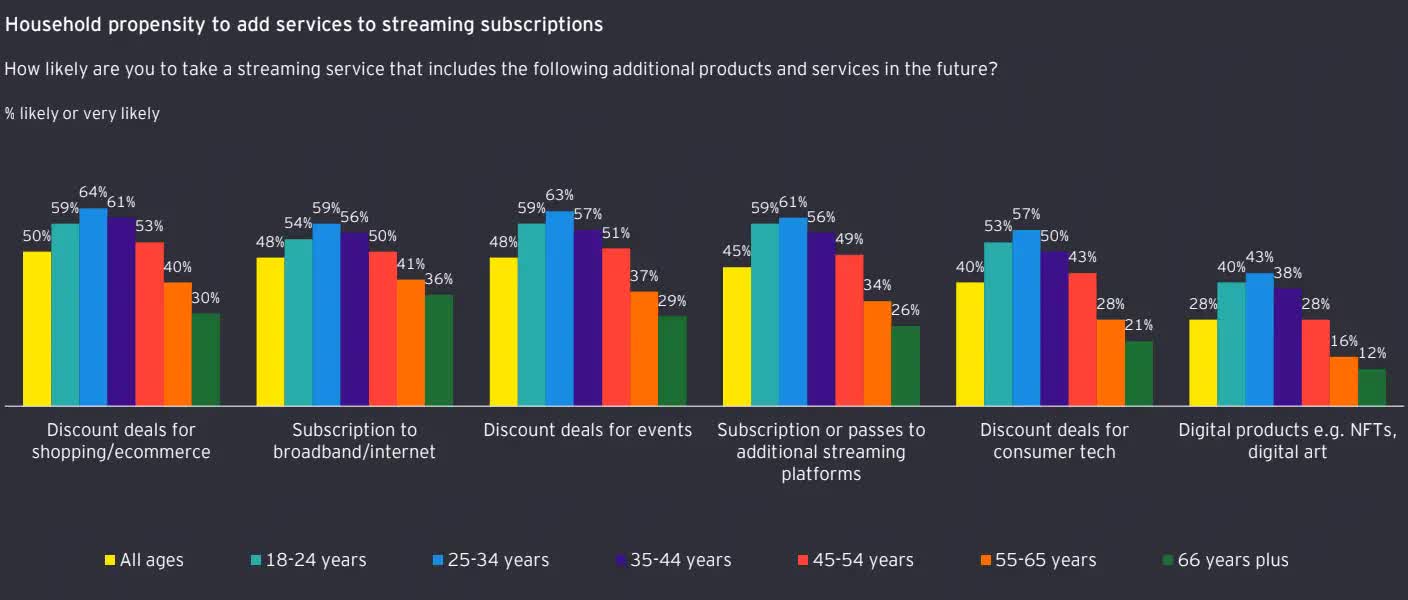In brief: With the ever-increasing price of streaming services, have we reached a peak where the only way is down? A new study suggests there are methods of enticing consumers to sign up for even more subscriptions: include extras such as discounts, free products, and bundles.

Ernst & Young's new Decoding the Digital Home study (via Insider) questioned survey respondents about the likelihood of their subscribing to a streaming service that came with additional products or services.
According to the results, the best incentive to get people to sign up is to include discount deals for shopping or e-commerce, with 50% of people saying they would likely take a service with this deal.
The joint-second-best incentives are bundling the service with a broadband/internet subscription and handing out discount deals for events, both of which appealed to 48% of participants.
For 45% of participants, including a subscription or pass to an additional streaming platform would convince them to sign up, while 40% would go for one that gives out deals on consumer tech. Not surprisingly, the least enticing deal is to include free digital products such as NFTs or digital art, which appealed to just 28% of respondents.
Most streaming services promote their content as the main reason why people should sign up, such as Stranger Things for Netflix and The Mandalorian on Disney+, but it seems offering extras with a subscription can be just as appealing as accessing exclusive shows. In the US, 59% of those surveyed were interested in streaming packages that included other streaming services or broadband/internet.
It was also found that the 25-34 age group was the most likely to take on streaming services that came with additional products and services.
A number of companies already offer subscription bundles that incorporate several different channels. Disney, for example, offers bundles consisting of Disney+, ESPN+, and Hulu, though they do cost extra, obviously.
Disney is also one of the companies to have raised its prices in recent times. It was recently found that it now costs $87 per month to subscribe to the top US streaming services, $14 more than it was one year earlier ($73). But people are still sticking with streaming and cutting the cord; a recent Nielsen report found that linear TV viewing had fallen below 50% among US audiences for the first time ever.

The Ernst & Young study surveyed 21,000 households online. The survey took place in March and April and included participants from the US, UK, Canada, and other countries in the EU and Asia

